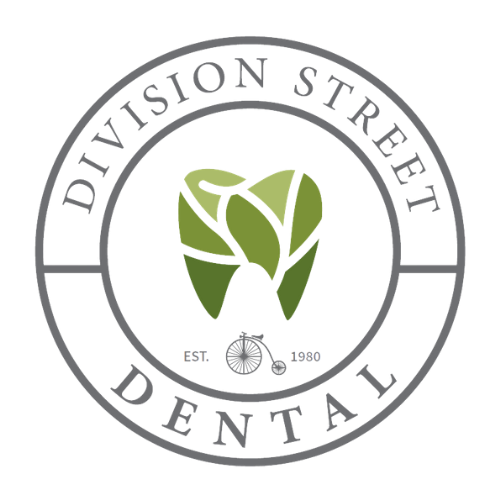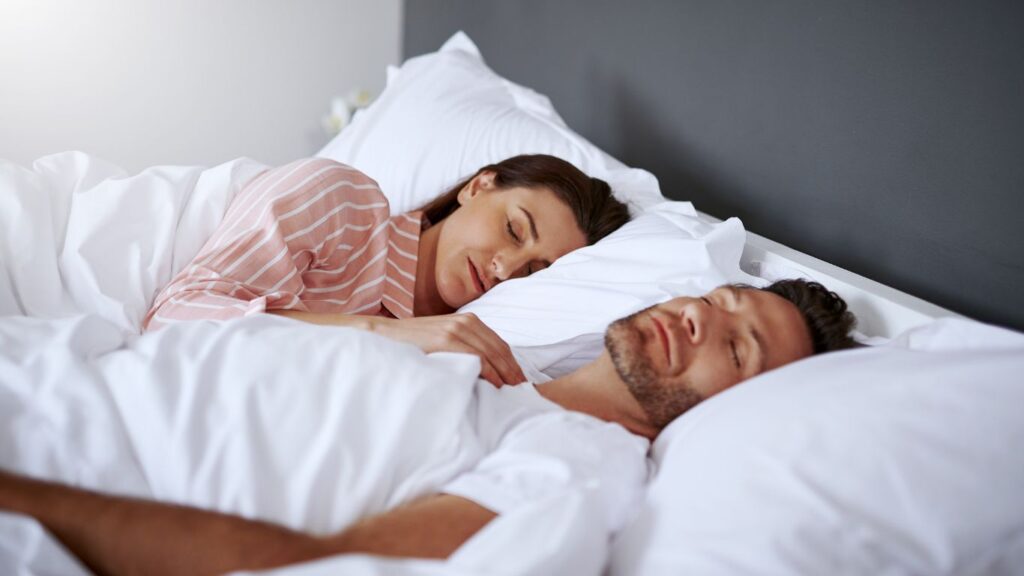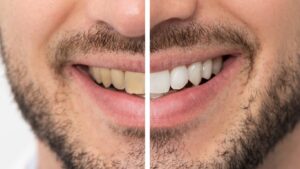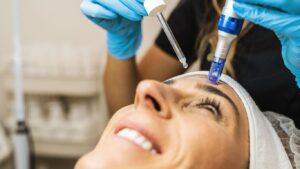Recognizing Sleep Apnea: A Common Yet Underdiagnosed Sleep Disorder
A good night’s sleep is a cornerstone of optimal health. Unfortunately, numerous people struggle with sleep disorders, and one of the most prevalent yet often underdiagnosed is sleep apnea. People with sleep apnea experience pauses in breathing or shallow breaths during sleep, leading to daytime fatigue, a higher risk of heart disease, and diminished quality of life.
Unpacking Obstructive Sleep Apnea
Obstructive sleep apnea (OSA) is the most prevalent type of sleep apnea. OSA happens when the muscles in the back of the throat relax during sleep, leading to an obstructed upper airway. This obstruction causes a reduction in blood oxygen levels, often resulting in a gasping or choking sound as breathing restarts. This can dramatically interrupt sleep, leading to daytime fatigue and other serious health complications if left unmanaged.
Central Sleep Apnea
Central sleep apnea (CSA) is less common but no less significant. Unlike OSA, CSA is not due to a physical blockage of the airway. Instead, it is a disorder of the central nervous system. The brain fails to send appropriate signals to the muscles controlling breathing during sleep. Individuals with CSA may experience periods of shallow or irregular breathing, or even stop breathing entirely for short periods. This disruption can be particularly detrimental to sleep quality and overall health, highlighting the importance of timely intervention.
Benefits of Fixing Sleep Apnea
Addressing sleep apnea can significantly improve an individual’s quality of life and overall health. The benefits of treating sleep apnea are numerous, and they extend well beyond better sleep. Some key improvements include:
- Improved daytime alertness and concentration: Proper treatment reduces daytime fatigue, leading to enhanced productivity and mental sharpness.
- Reduced risk of heart problems: By normalizing your breathing patterns, you lower your risk of heart disease, stroke, and other cardiovascular conditions.
- Better emotional health: Treating sleep apnea can mitigate mood swings, reduce the risk of depression, and improve overall emotional health.
- Lower risk of accidents: Addressing sleep apnea reduces the risk of drowsy driving or work-related accidents.
These are just a few reasons why it’s essential to seek professional help if you suspect you may have sleep apnea.
Myofunctional Therapy: An Innovative Approach to Treating Sleep Apnea
Often overlooked in the realm of sleep apnea treatment, Myofunctional Therapy offers a unique approach that complements traditional treatments. Myofunctional therapy is a program designed to strengthen the muscles of the tongue, mouth, and upper throat. By doing so, it addresses some of the foundational issues that can contribute to sleep apnea.
Sleep apnea, particularly OSA, is often exacerbated by weak or improperly functioning oral and facial muscles. These muscles can allow the tongue to fall back into the throat or fail to support the airway properly. By strengthening and retraining these muscles through myofunctional exercises, the chances of airway obstructions can be significantly reduced.
Dental professionals trained in myofunctional therapy can guide patients through a series of exercises that target specific muscles, helping to improve their tone and function. These exercises are typically simple, non-invasive, and can be easily integrated into a patient’s daily routine.
Some benefits of incorporating myofunctional therapy into a sleep apnea treatment plan include:
- Complementary to Other Treatments: Myofunctional therapy can enhance the effectiveness of other treatments like CPAP or oral appliances, potentially allowing for lower settings or increased comfort.
- Holistic Approach: It doesn’t just focus on the symptoms but addresses the underlying muscle imbalances that contribute to sleep apnea.
- Non-invasive: Unlike surgical options, myofunctional therapy is a natural approach to addressing the root causes of sleep apnea.
- Improved Quality of Life: Beyond improving sleep apnea symptoms, strengthening oral and facial muscles can lead to better oral posture, improved speech, easier breathing, and even enhanced facial appearance.
If you suspect that you have sleep apnea and are interested in exploring the potential of myofunctional therapy, discuss it with your sleep apnea dental professional. It’s essential to approach sleep apnea from multiple angles to ensure comprehensive treatment and the best possible outcomes.
Crucial Role of Dental Professionals in Treating Sleep Apnea
Dental professionals play a crucial role in detecting and treating sleep apnea. Because symptoms often include snoring, disrupted sleep, and dry mouth, many sufferers unknowingly turn to their dentist for a solution. Dentists, especially those like us at Division Street Dental, are trained to recognize these symptoms and suggest further investigation via a sleep study, typically conducted by a sleep specialist.
Treating Sleep Apnea: Beyond CPAP
Continuous Positive Airway Pressure (CPAP) is often the first line of treatment for sleep apnea. A CPAP machine keeps the airway open by delivering a steady stream of air pressure through a mask worn during sleep. However, not all patients can tolerate a CPAP machine, necessitating alternative treatments.
Dental professionals can offer several treatments for sleep apnea. These include oral appliance therapy—custom-made devices designed to keep the upper airway open by repositioning the jaw or tongue—and tongue retaining devices, which hold the tongue forward to prevent airway collapse.
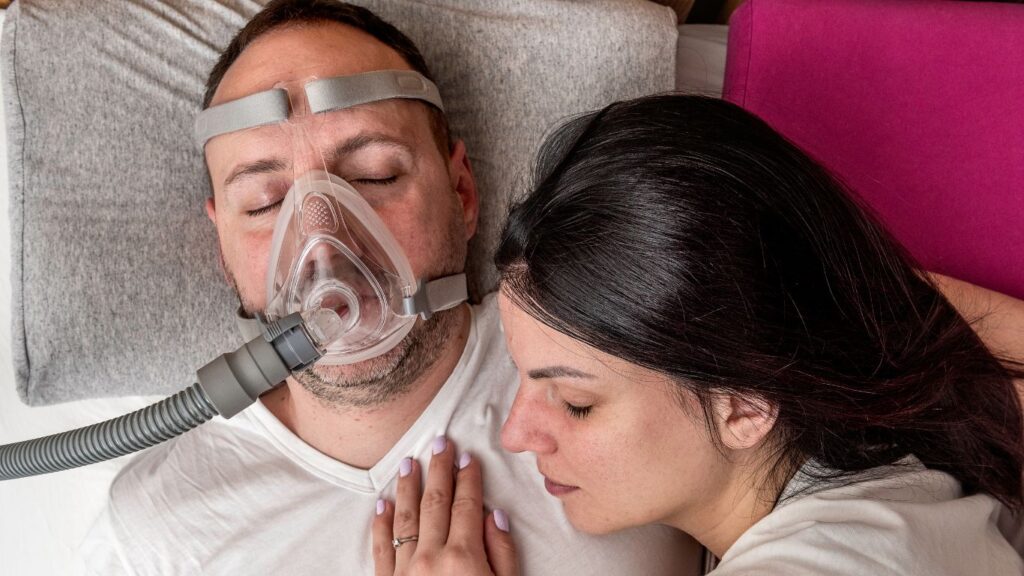
NightLase: A Laser-Based Treatment for Sleep Apnea
Another innovative treatment option for sleep apnea is NightLase. This non-invasive procedure uses laser energy to heat the tissues of the airway, causing a tightening effect which can help reduce the effects of sleep apnea and decrease snoring. This procedure is a fresh approach for those who may not be comfortable with or able to tolerate traditional treatments like CPAP machines or oral appliances.
The benefits of NightLase include:
- Minimal Discomfort: Most patients report feeling little to no pain during or after the procedure.
- No Need for Devices: NightLase doesn’t require wearing any type of device at night.
- Quick Procedure: Each treatment is speedy, and often completed within 20 minutes.
- Long-lasting Results: The effects of NightLase can last up to a year, with patients typically needing 2-3 treatments over a two-month span for optimal results.
For those interested in a non-traditional approach to sleep apnea treatment, NightLase might be worth considering. Speak with your dental professional to see if this treatment is right for you.
Effective Lifestyle Changes for People with Sleep Apnea
Certain lifestyle changes can also be beneficial for people with sleep apnea. The following modifications may help reduce symptoms:
- Weight loss: Obesity is a significant risk factor for sleep apnea. Shedding extra pounds can alleviate symptoms.
- Sleep position: Sleeping on your side instead of your back can help keep the airway open.
- Avoid alcohol: Alcohol can relax the muscles in the throat, worsening sleep apnea.
Your dentist can provide personalized advice for implementing these lifestyle changes.
Connection Between Sleep Apnea and Heart Disease
Untreated sleep apnea can lead to a higher risk of heart disease. The repeated awakening and the subsequent increases in blood pressure, coupled with lower oxygen levels in the blood due to disrupted breathing, can damage the cardiovascular system over time. Early detection and treatment of sleep apnea are vital to reducing this risk.
Sleep Apnea FAQs
Navigating the challenges of finding a good night’s sleep can be difficult. Here are a few questions we get asked about sleep apnea. Feel free to contact us to discuss this further.
Can a dentist diagnose sleep apnea?
While a dentist cannot formally diagnose sleep apnea, they can recognize the signs and refer you to a sleep specialist for a formal diagnosis.
Can losing weight cure sleep apnea?
Weight loss can significantly reduce the symptoms of sleep apnea, particularly in those with obesity-related apnea. However, it may not entirely eliminate the condition.
How does a dental device help with sleep apnea?
Dental devices like oral appliances can help keep the upper airway open by repositioning the jaw or tongue, thus preventing apneas.
Your Partners in Treating Sleep Disorders
Our team at Division Street Dental is here to help those struggling with sleep disorders like sleep apnea. If you snore, have difficulty falling asleep, or feel fatigued during the day, you might be suffering from this condition. Let us help guide you to a night of restful, rejuvenating sleep.
